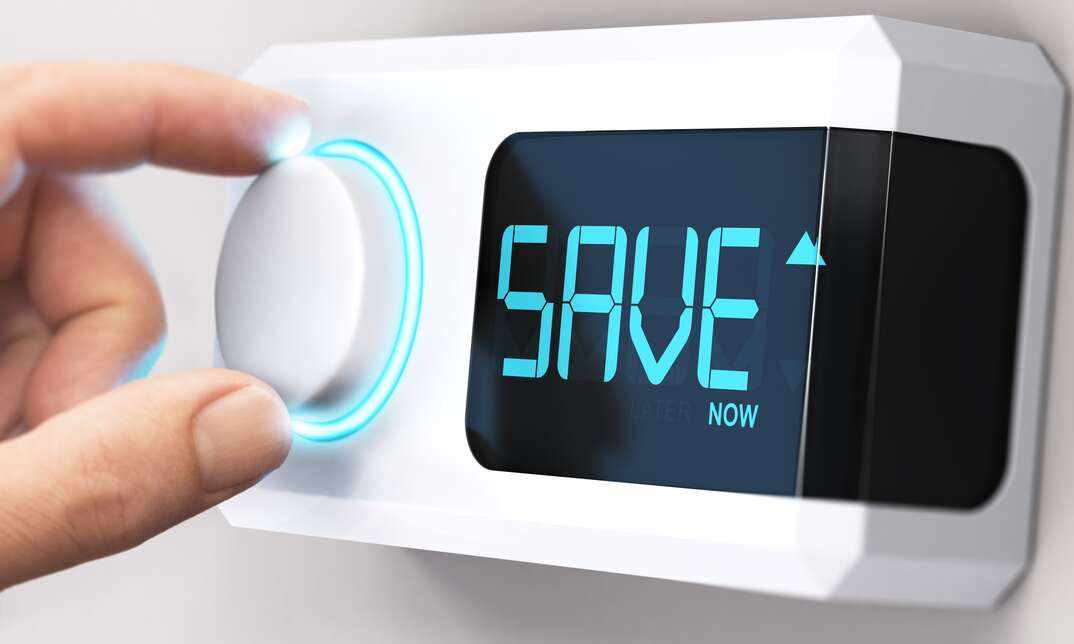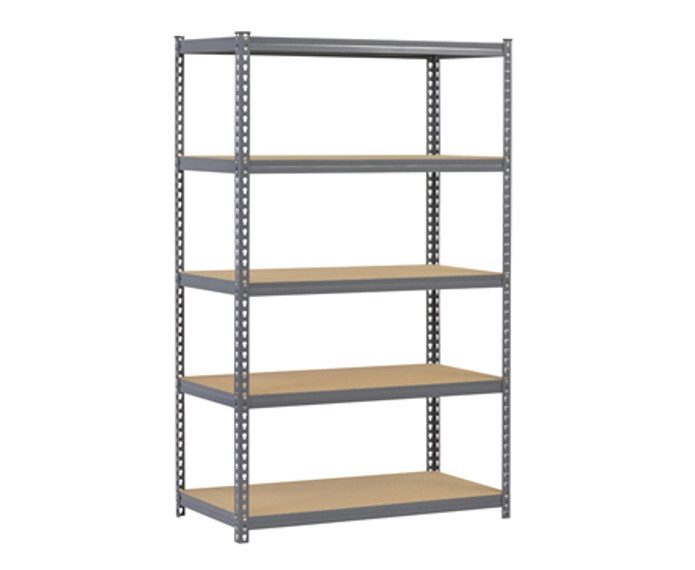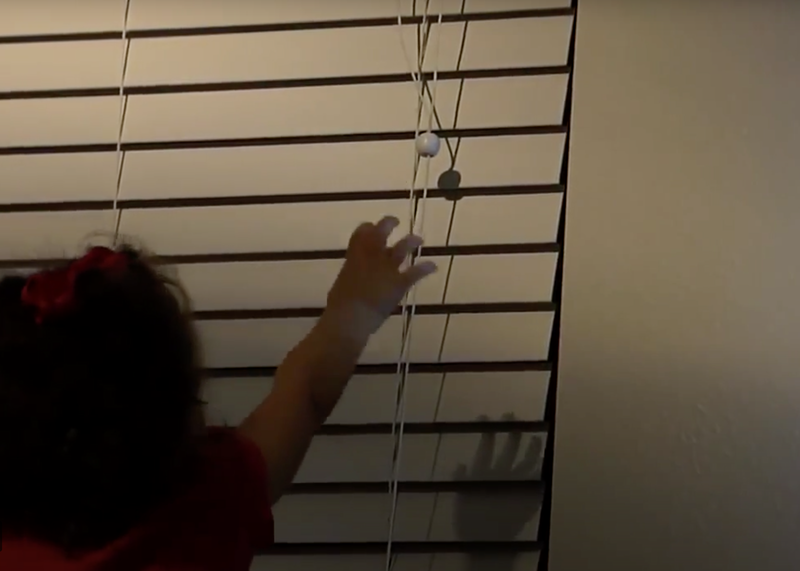How to Make Your Home More Energy Efficient: 9 Pro Tips

Does your home feel like an energy vampire? No matter how many times you remind the other members of your family to turn the lights off after they leave the room, are your energy bills still rising?
This May Also Interest You: What’s a Home Energy Audit and What Can It Tell You?
Figuring out how to boost your home’s energy efficiency not only makes it a more environmentally friendly place to live, but it can also result in lower utility bills.
What Are Some Ways to Make Your Home More Efficient?
The best ways to make your home more efficient depend on your current situation. If you have outdated appliances that suck up lots of energy, you might start by replacing them. If your home is newer with energy-efficient appliances, you might look at upgrades such as extra insulation or thermal curtains. Evaluate your current situation and make some of the following changes to save energy — and energy costs.
1. Install a New Thermostat
Replacing your old thermostat with a new programmable one can boost your home's energy efficiency. It lets you program various temperatures based on your activities, such as a higher summer temperature during the day when everyone is out of the house. Automatic adjustments can save money based on your use of your home. Smart thermostats also let you monitor and adjust the temperature settings from an app, so you can change the settings when you're away.
2. Add Insulation
Without proper insulation, you can have a lot of heat transfer in your home. In the summer, that means your windows can let in hot air, and in the winter, they can let the heated air out of your home. When you add more insulation, your home will feel more comfortable, and it'll take less heating and cooling to reach your desired temperature. Your attic, exterior walls and basement are ideal spots for adding more insulation.
3. Fix Gaps and Cracks
Many homes have some gaps and cracks along the foundation, around windows and along joints around the home. Even small gaps let air leak into the home, which affects the temperature and forces your HVAC system to work harder. Having those gaps sealed or repaired helps to air-seal your home. Doing this can also keep bugs out of your home and prevent moisture from leaking inside.
4. Upgrade to Energy-Efficient Appliances
If your home and appliances are getting older, they could be wasting a lot of energy. Consider replacing your washing machine, dryer, refrigerator, stove and other appliances if they're not very efficient. Many modern models are Energy-Star-rated, which means they’re certified for energy efficiency. This can be especially helpful if the appliance isn't running well in general, such as a fridge that doesn't cool as it should or a dryer that takes forever to get your clothes dry.
5. Replace Windows
Windows are another major feature of your home that can waste energy. Old, drafty windows let breezes blow through and allow for lots of heat transfer. That forces your HVAC system to work harder and use more energy to keep your home comfortable. Installing new insulated, energy-efficient windows can reduce your energy consumption by cutting down on drafts and heat transfer.
6. Keep Up Your HVAC System
If you're not ready to replace your HVAC system with a more energy-efficient model, you can still save energy with how you use your current system. Handle routine maintenance consistently, including changing the filters and having a technician inspect the system at least once per year. If your ductwork is old, consider sealing the joints or adding insulation around the joints that go through unconditioned areas.
More Related Articles:
- Don’t Get Lost in the Wash: How to Use Your Dishwasher Efficiently
- Gimme a Tax Break: 5 Things to Know to Get the Latest HVAC Tax Credits and Rebates
- 15 Ways to Save on Your Electric Bill
- How Much Does Electricity Cost?
- How Much Do Utilities Cost?
7. Control the Elements
You can't make Mother Nature change her mind on the weather, but you can control how it impacts your home to some extent. Using thermal curtains to block hot sunlight in the summer can give your air conditioner a break. Adding awnings or planting trees to cover windows that receive direct sunlight can also help. In the winter, open your blinds as far as possible to soak up the heat from the sun.
8. Change Your Habits
Many of the ways you use electrical items can impact your energy use. Here are some ways to improve overall energy efficiency:
- Wait until you have a full load to run your dishwasher or washing machine.
- Keep appliances clean — especially the dryer exhaust and lint trap — to keep them running efficiently.
- Unplug devices when they're not in use to avoid phantom power use.
- Air-dry your clothes when possible.
- Keep your oven closed while food is cooking, and minimize preheating as much as possible.
- Illuminate your space with natural light when possible.
- Shut off lights when you're done using them.
- Bump up your thermostat a few degrees in the summer and down a few degrees in the winter.
Making several changes can add up to bigger energy savings. Challenge your family to join in on the efforts.
9. Schedule an Energy Audit
If you want more ideas for saving energy, ask your utility provider to conduct an energy audit. They can spot potential causes of excess energy consumption and suggest ways to improve those areas. The audit typically involves visual inspections of your home, as well as testing to see how airtight your home is. An energy audit is customized to your home, so it can help you identify the most effective ways to save energy in your home.


